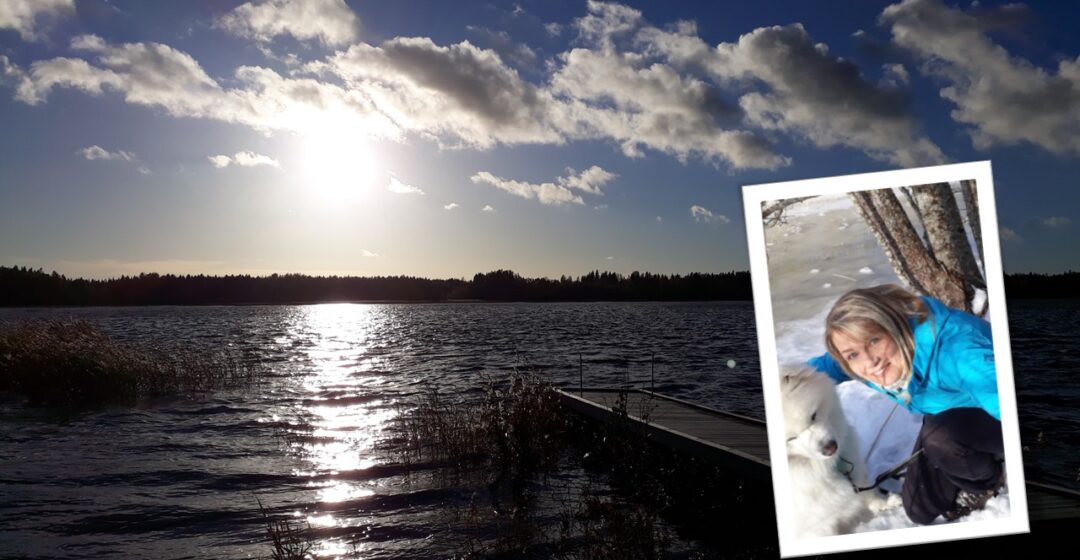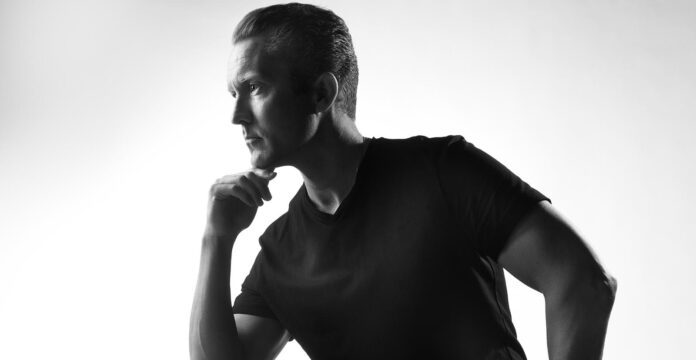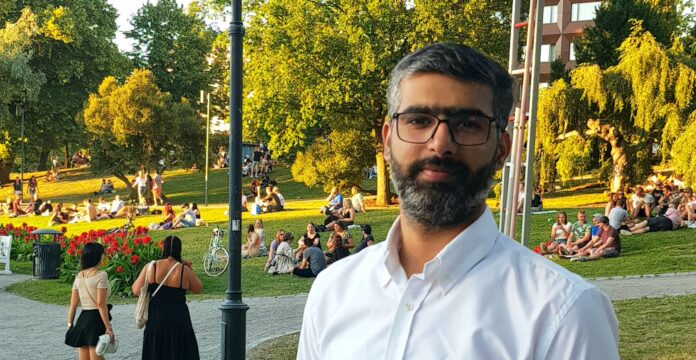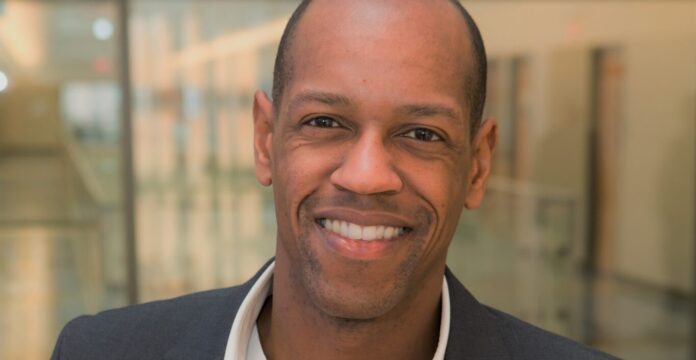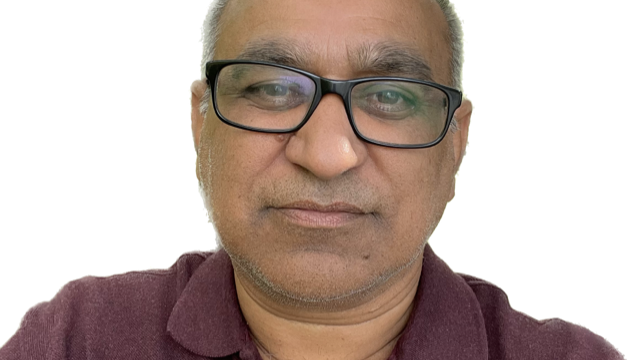Image: “One of my favourite places, and marveling the spring with Sisu.”
What are you?
You could call me a “Green Care missionary”, strongly rooted to the Nordic nature and countryside. I get fascinated everyday by just going out to the nature with our dog, digging around in the garden or enjoying the view and fresh wind from a boat or a canoe.
Your title at InnoLab is project manager, but what exactly do you do?
All my projects are related to Green Care, which, in short, is utilizing natural and rural environments and elements for promoting health and well-being. I participate in planning, facilitating, documenting and analyzing the Green Care pilot experiments carried out across Ostrobothnia and Central Ostrobothnia. My work includes implementation of seminars, workshops and webinars. Beside my project work, I carry out applied research concerning Green Care development. I’m also planning the first joint Nordic course in nature and health promotion together with my colleagues in Finland and Sweden.
Sounds like a lot of work. Why bother?
This is truly a dream job for me, gathering together all the activities and themes that I have been interested since childhood. I think it’s important but also rewarding to offer different people and client groups a possibility to partake of the positive effects on health and well-being that nature, gardens, care farms and working with animals can promote. I try to help client organizations and entrepreneurs to find each other and develop the services together.
How did you end up where you are now?
I grew up on a farm beside a small river valley in Northern Ostrobothnia and emigrated to a Swedish-speaking village on the coastline, just a perch’s swim away from the UNESCO World Heritage Site archipelago. I did my Master’s degree in agriculture and forestry and have previously worked in the environmental administration. I applied for my current position at the University of Vaasa in 2016 during my post-graduate studies in regional sciences and completed my licentiate thesis on Green Care in autumn 2018.
Imagine your phone rings. It’s the call you’ve been hoping for – what is it about?
Director-General of the World Health Organization Tedros Adhanom Ghebreyesus gives a call to tell about a fast-developed but reliably tested vaccine that protects against respiratory infections caused by COVID-19. The other reason why he calls is that he also wants talk about increasing the use of nature-based innovations on improving health and well-being on a global level.
Just kidding, it’s actually a journalist. They’re finally doing a story on that one topic you’ve always wanted to give an interview on! What do you say?
Natural and rural environments combined with the know-how of Green Care entrepreneurs should be seen as a regional resource in social and health care service structures. If municipalities and social and health care organizations could place more emphasis on preventive, rehabilitative and health-promoting services, it could save money at the other end, for example in special medical care. Good examples already exist, and they could be benchmarked in different areas and special needs.
Good job on the interview. Too bad you can’t be the resident expert on every topic. What would you like to learn more about?
There is already a wide range of research on the positive effects of nature based methods on physical, psychological, social and cognitive abilities. In my research field, I would like to learn more about the possibilities to prove the role of nature based services and activities in sustainable well-being of human societies. But I certainly need to learn about several things, e.g. my social media skills could be better, and I also prefer “old school” publications like real books and reading papers from a paper. I have attended some courses to improve this gap, but many good tips seem to roll off like water from a duck’s back: I soon find myself using more traditional means of communication and carrying around books and papers. So my personal digitalization process continues, and fortunately I have great colleagues here at InnoLab and partner organizations who kindly support me on this.
You’re not alone on that long road to digitization. What about green care: should we all be interested in that?
It would be great if journalists could activate the discussion about using Green Care in different contexts and highlight current research results around this theme. The transformation of media has made it much easier to publish vague information via social media and other digital channels, and journalists’ important task of transmitting, summarizing and analyzing verified facts has been accentuated dramatically.
Okay. Now recommend me something – anything!
One thing that makes me very happy is good music! I was once testing a physiological heart rate variability (HVR) measuring device for nature based activities, and restorative effects were registered when I was hiking in the forest with our dog, but also at home when listening to AC/DC, with volume cranked up to eleven! Our small local music school has even combined music and nature by arranging band camps for children in the Maxmo archipelago. I could warmly recommend the unique combination of a jam session, good food, smoke sauna and swimming in the chilly sea!
Any last advice for being both an effective project manager and a happy office worker?
My advice is to do what you love and work with themes that you are genuinely interested in, which gives the overwhelming motivation to work even when facing challenges. When dealing with difficult tasks I usually go for a walk to my favorite places in the forest or on the beach to give my brains a different kind of an environment to reflect on the challenging issue. A garden, the nearest park or the balcony of your apartment might also work well for embracing complex information and for creating your own “outward bound” analyzing sessions. However, I believe we are going to be more happy office workers after this corona-period, enjoying the chance to meet our colleagues, have face-to-face discussions and shared coffee breaks. Having smaller meetings outside the office, walking and talking at the beautiful campus park of Vaasa, could give variation to the office routines but also, according to research, support attentiveness and reduce stress.
From the perspective of Martta’s colleagues: If Martta was fresh produce, what would she be?
“Spinach – leafy green, coupled with good nutrition, close to nature. Perfectly reflects Martta.”
“If Martta was a vegetable, she would be a healthy, energizing and well grounded one, something that’s good for you – such as a carrot!”
“If Martta was a fruit, she would be a green apple because she’s so green!”
